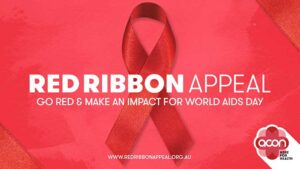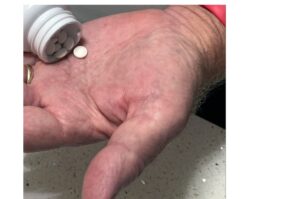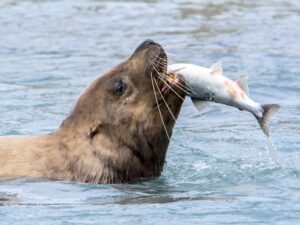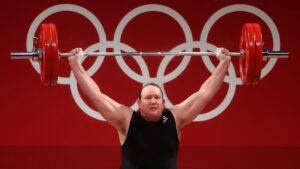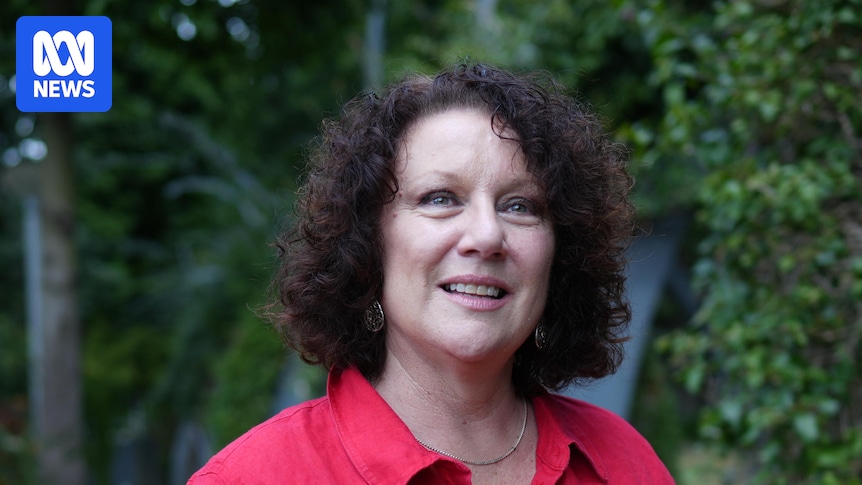
In June 2023, Kathleen Folbigg was unexpectedly summoned to the prison governor’s office. Anticipating bad news, she was instead informed of her pardon and imminent release after serving 20 years of a 30-year sentence for the wrongful conviction of killing her four children between 1989 and 1998. “To say I was shocked and stunned was an understatement,” Kathleen recounted to Sarah Kanowski on ABC Conversations.
Within an hour, Kathleen was out of her prison greens, heading to a friend’s property to begin her adjustment to life outside the confines of prison. Her release was the culmination of years of advocacy, scientific breakthroughs, and the steadfast support of friends like Tracy Chapman, who had been instrumental in campaigning for a re-examination of her case.
The Tragedy That Led to Injustice
Kathleen’s ordeal began in the late 1980s when she and her then-husband, Craig Folbigg, were living a typical suburban life in Newcastle, Australia. Over a decade, their four children—Caleb, Patrick, Sarah, and Laura—passed away under tragic circumstances. Initially attributed to natural causes, the deaths later led to a police investigation following Laura’s death in 1999.
In 2001, Kathleen was arrested, and by 2003, she was convicted of their murders, largely based on her grief-stricken journal entries. These entries were misinterpreted as confessions rather than expressions of mourning. Isolated and vilified, Kathleen faced her trial with minimal support, her husband and foster sister having testified against her.
Life Behind Bars
At 33, Kathleen entered the prison system, branded by the media as Australia’s “worst serial child killer.” Her notoriety made her a target, necessitating isolation for her safety. “Other inmates … would have probably killed me if they’d had the chance,” she reflected. To survive, Kathleen adopted a hardened demeanor, occasionally resorting to violence to protect herself.
Despite the harsh environment, Kathleen found solace in a Salvation Army couple who supported her during the trial. She also reconnected with Tracy Chapman, her childhood friend, who reached out after following the case in the media. Their renewed friendship became a lifeline, with Tracy and other friends visiting and advocating for Kathleen’s innocence.
Scientific Breakthrough and Advocacy
The turning point in Kathleen’s case came with advancements in genetic science. In 2018, her story gained renewed attention through an Australian Story episode, and new genetic evidence emerged. Professor Carola Vinuesa, a geneticist, discovered that Kathleen and her daughters carried a rare cardiac genetic mutation, potentially explaining the children’s deaths.
“It solidified the truth,” Tracy Chapman said, referring to the scientific evidence that supported Kathleen’s innocence.
This evidence, coupled with a petition from 158 scientists, prompted a second inquiry by the NSW Attorney-General in late 2022. The inquiry concluded with a pardon, leading to Kathleen’s release.
Adjusting to Freedom
Since her release, Kathleen has been navigating the complexities of modern life, from automated services to social interactions. “Making appointments for doctors … it’s all automated. Where have all the people gone?” she joked. Despite the challenges, she has relished simple pleasures like driving and grocery shopping.
However, the trauma of her past lingers. Kathleen remains cautious in public, preferring seats with her back to the wall and feeling apprehensive around children. “I used to think to myself, ‘Oh my God, if I touch that child, or I say hi to that child … that night it might fall asleep and not wake up,'” she admitted.
Looking Forward
With her name cleared, Kathleen is optimistic about the future. She has a supportive partner, a published book, and is engaged in a national press tour. Her journey of rediscovery continues, as does her friendship with Tracy, who stood by her through the darkest times.
“Especially once I was exonerated, we looked at each other, went, ‘Oh my God — we did it,'” Kathleen reflected on her and Tracy’s long battle for justice.
Kathleen’s story is a testament to the power of friendship, scientific progress, and unwavering advocacy in the face of injustice. As she steps into this new chapter, she carries with her the memory of her children and the hope of a life unburdened by the past.
